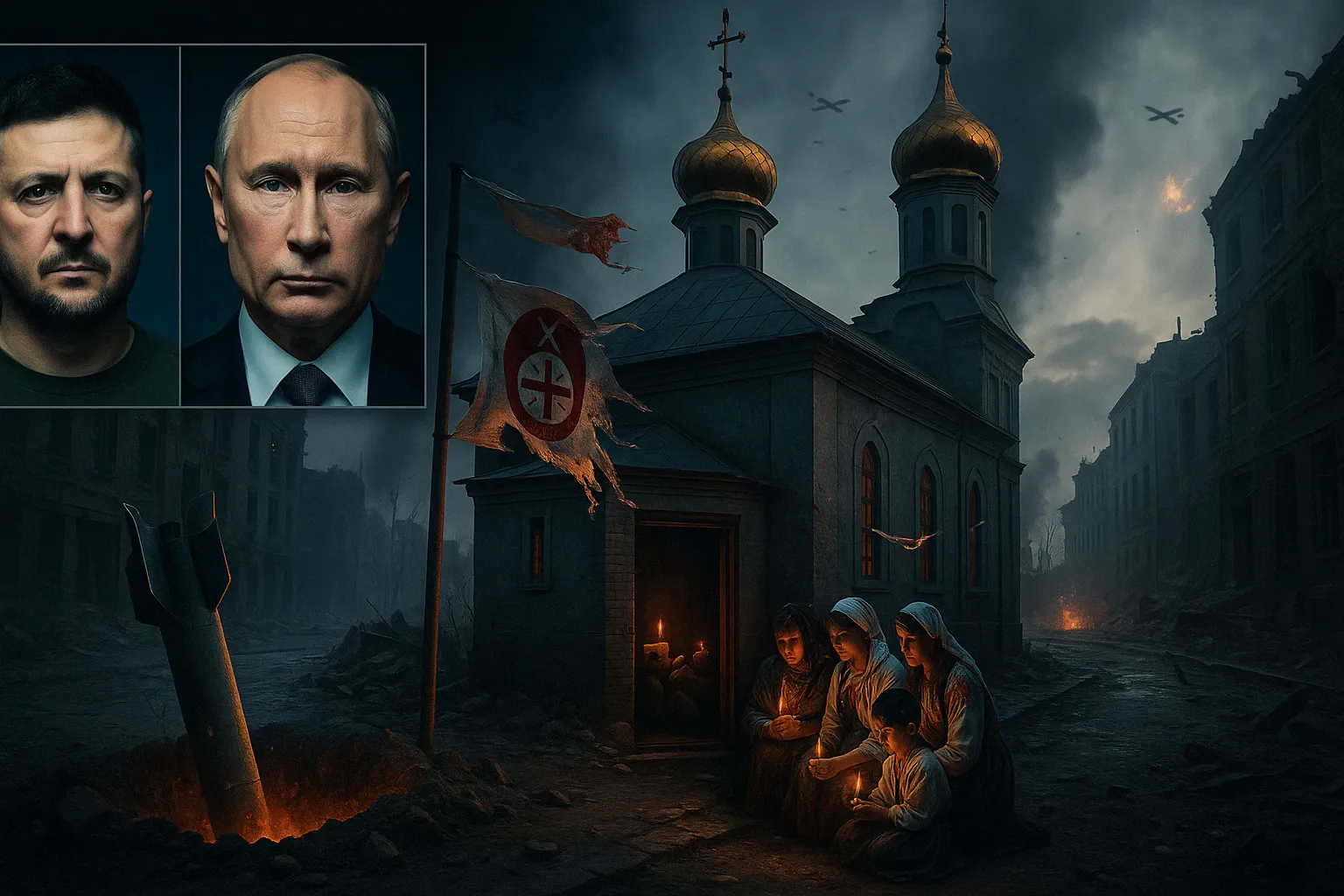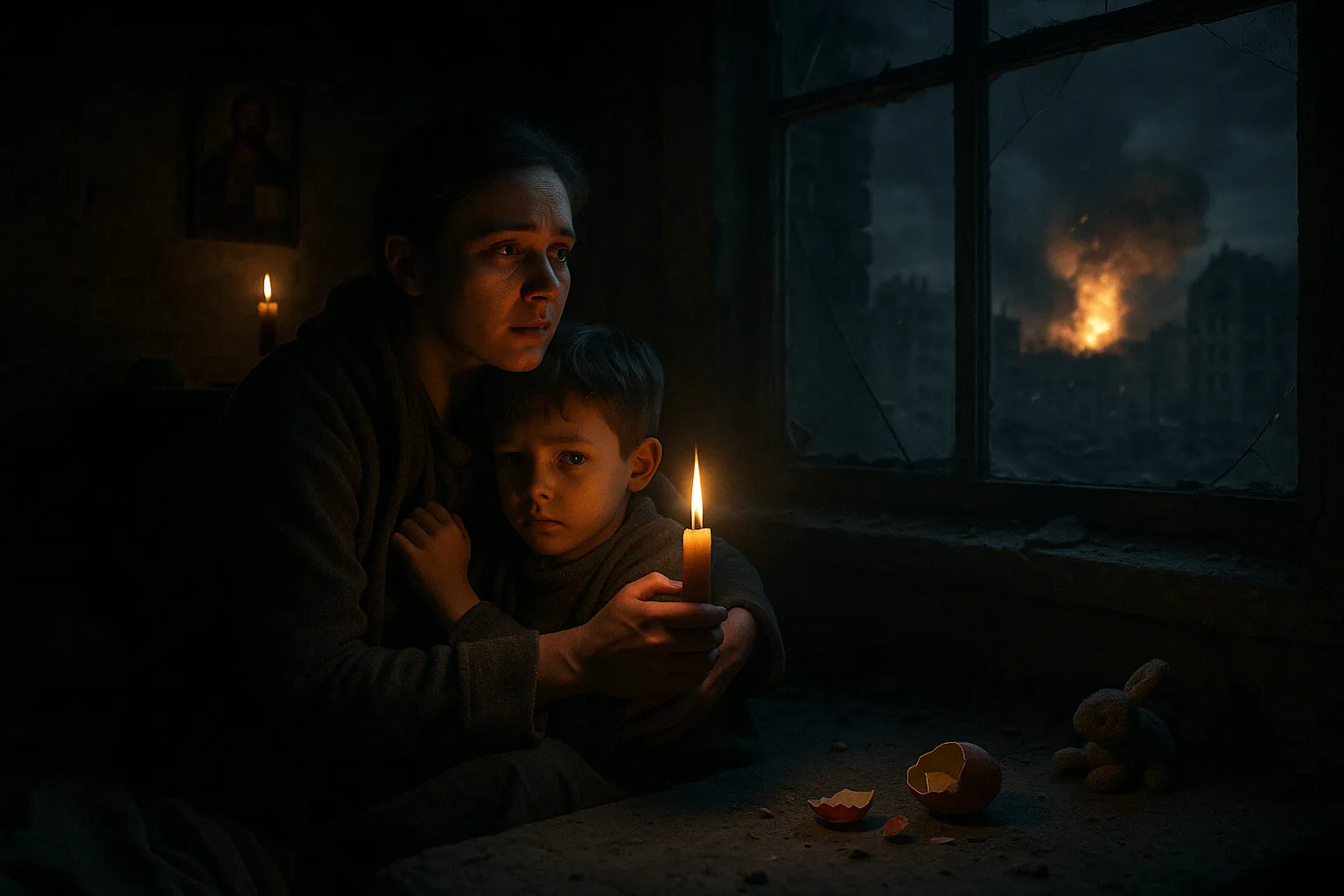Britain Calls on Russia to End Hostilities and Commit to a Full Ceasefire Amid Escalating Ukraine Crisis

Things in Ukraine have gotten messier—again. Britain, never one to mince words when it comes to peace and politics, stepped up this week with a bold message to Russia: “It’s time to stop the fighting and agree to a full ceasefire.” That’s right. British diplomats are calling, loudly and clearly, for Russia to lay down its arms, hoping to cool the simmering violence that’s stretched on for far too long. Sometimes, one wonders how many more warnings or emergencies it’ll take for the world to get the message.
Diplomacy: The Search for Lasting Peace
Let’s face it—negotiating peace between Russia and Ukraine isn’t as simple as convincing two kids to share a toy. There are tangled histories, political grudges, and, frankly, a whole lot of stubbornness on both sides. The British government, though, keeps pressing for “urgent diplomatic negotiations.” They’re talking about real, grown-up discussions: sitting at a big table, hashing things out, and—maybe, just maybe—finding a way to stop the bullets from flying.
Of course, this isn’t Britain’s first rodeo. And if you’ve been watching, you know the UK has consistently stood by Ukraine, from humanitarian aid to serious sanctions. But as the violence escalates, the urgency to move from just words to action only grows.
Hostilities: Tensions Flare, Worries Grow
The fighting isn’t just military maneuvers and political power plays—it’s families fleeing, communities torn apart, and a long shadow of uncertainty. British officials have warned that continued hostilities risk “dire humanitarian consequences,” echoing concerns raised by the UN and charities like the Red Cross. Honestly, it’s more than numbers or soundbites; it’s people’s lives on the line.
You know what’s especially worrying? This latest surge in violence has even snagged the attention of everyday folks far outside of Europe. From New Delhi to Sydney, people are asking: “How long can this go on?”
International Support: Why the World’s Watching
Britain isn’t acting solo—they’re rallying fellow European Union partners, the US, and other global voices. Together, their hope is that “united, robust international pressure” can encourage Moscow to pick negotiation over confrontation. Think of it like a global team huddling before the big play, everyone eager to call for peace before things spiral further out of control.
And, while sanctions and public statements aren’t exactly new, there’s something different about the mood this time: a sense of frustration that diplomacy hasn’t worked—yet. But giving up isn’t really an option, is it?
Reflections: Beyond the Headlines
Honestly, sometimes these official calls for calm and ceasefires sound almost routine. But behind each formal statement, there’s palpable anxiety—real worry for ordinary Ukrainians hoping the next morning isn’t marked by more shelling or more loss.
Let me explain: Britain’s urge isn’t just a political move; it’s a reminder that conflict anywhere sends out ripples everywhere. Food prices, energy shortages, family members separated for months—these things don’t respect borders. The stakes? Huge, not abstract.
- Humanitarian aid: Agencies pile in, but conditions worsen daily
- Refugee support: Neighboring countries feel the strain
- Military strategy: Escalation brings wider regional risks
Looking Forward: Is There Hope for a Truce?
Will Russia listen? Everyone’s holding their breath. Britain’s Foreign Secretary summed it up: “A full ceasefire is the only route to stopping suffering.” Nothing’s promised. The hard truth is, the world’s watching for real answers, not just more headlines or finger-pointing.
Peace can feel fragile, like a truce inked in pencil, vulnerable to the slightest provocation. But if Britain and its allies keep pushing, keep appealing for a ceasefire—and if Russia chooses dialogue over destruction—maybe, just maybe, there’s a chance to turn the page on this crisis.
Want to Read More?
For the latest updates on how Britain is responding to the Ukraine crisis, check out the full article at Indian Express.





